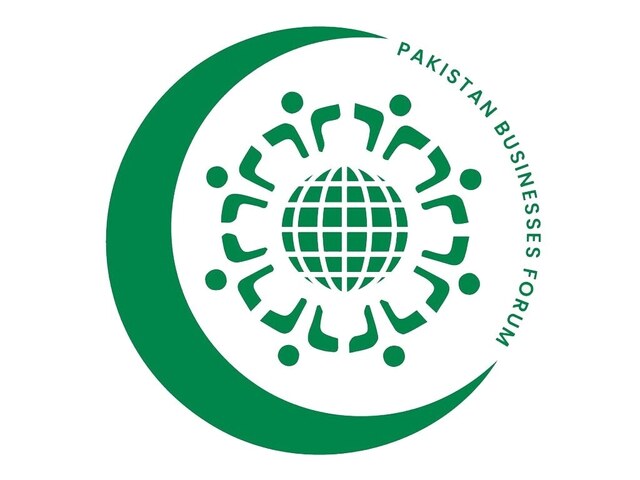KARACHI: The Pakistan Business Forum (PBF) has raised serious concerns over the sustainability of Pakistan’s private sector in the face of persistent policy instability and one of the highest corporate tax regimes in the region.
In an interaction with press, PBF President Khawaja Mahboob ur Rehman emphasized that the private sector cannot thrive under erratic policy frameworks and punitive taxation, which he says are among the leading causes behind declining investor confidence and stagnating business growth.
“According to Rehman, the corporate sector in Pakistan is being disproportionately burdened by an effective tax rate that climbs to 45 percent, including the controversial 10 percent super tax”.
This super tax was initially introduced as a temporary fiscal measure, but over time it appears to have become a permanent fixture—an additional tax in disguise, he stated and stressed that this form of unpredictable and excessive taxation undermines corporate planning, hinders expansion, and erodes business competitiveness both locally and internationally.
Rehman further argued that if this trend of aggressive tax collection continues, it will severely discourage foreign direct investment (FDI).
“The very rationale behind the formation of strategic initiatives such as the Special Investment Facilitation Council (SIFC) and the Board of Investment (BoI) becomes questionable when the business environment remains fundamentally unattractive to both domestic and international investors,” he added. “Without addressing the core disincentives—chief among them, an uncompetitive tax regime—such bodies will fail to deliver meaningful economic outcomes.”
Currently, Pakistan’s corporate tax burden exceeds that of several advanced economies. For comparison, the United Kingdom has a corporate tax rate of 25 percent, while the United States has a base federal corporate tax of 21 percent, which may increase marginally with state taxes. Pakistan’s combined tax impact, including additional levies and sector-specific surcharges, puts local businesses at a severe disadvantage when trying to compete on a global stage.
In addition, the structure of taxation in Pakistan is often criticized for being overly reliant on indirect taxes and placing undue burden on the formal sector, while large swathes of the informal economy remain under-taxed or completely outside the tax net.
This imbalance not only disincentivizes documentation but also creates an uneven playing field. Experts and business groups alike have called for structural reforms to shift the tax base towards broader and more equitable collection mechanisms, including progressive direct taxation and digital documentation of economic activity.
The PBF pointed out that Pakistan’s taxation system is riddled with short-term fixes rather than long-term strategic vision. Frequent changes in tax rates, introduction of one-time levies, and retroactive policy applications create an environment of uncertainty, which is toxic for business planning and economic forecasting.
Furthermore, the lack of coordination between federal and provincial tax authorities leads to duplication, inefficiencies, and disputes, further weakening investor trust.
The Forum called upon the government to urgently undertake a comprehensive review of the taxation structure, with a focus on rationalizing corporate tax rates, removing arbitrary levies such as the super tax, and introducing incentives that promote investment, innovation, and formalization. “We are not against taxation,” Rehman clarified, “but we advocate for fair, predictable, and growth-oriented taxation policies that align with international best practices.”
Similarly, Pakistan’s economic difficulties are further compounded by the worsening state of public finances. The country’s loan obligations have surged by 13 percent in the last fiscal year, pushing the total debt to an alarming Rs80,600 billion.
Simultaneously, the fiscal deficit has widened significantly standing at Rs7,100 billion. As a result, Pakistan’s debt-to-GDP ratio has climbed to 70 percent, raising serious concerns about long-term fiscal sustainability and the burden it places on future generations.
Copyright Business Recorder, 2025


